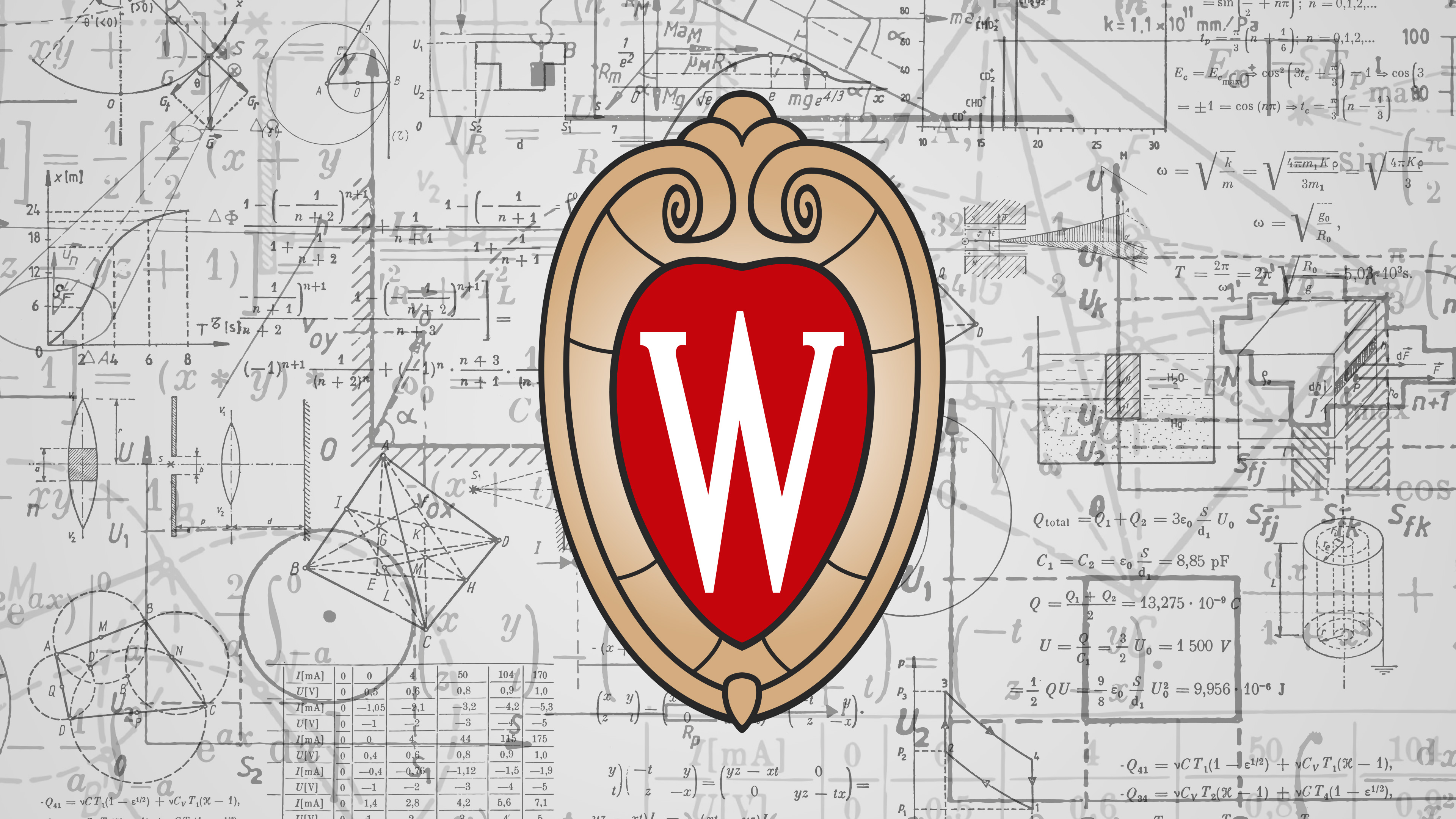Innovative Research Initiatives at UW-Madison: Advancing Sustainability and Toxic Chemical Detection
Key Ideas
- University of Wisconsin–Madison's CBE faculty lead two 2025 Research Forward initiatives funded by WARF, focusing on sustainable materials for the hydrogen economy and machine learning-assisted platforms for toxic chemical detection.
- The hydrogen economy project, led by Manos Mavrikakis, aims to design materials from earth-abundant sources for (electro)chemical conversion devices, enhancing scalability and environmental benefits.
- The toxic chemical detection project, led by David Lynn, will develop portable chip-based systems utilizing machine learning to detect PFAS 'forever chemicals' in water at low levels, addressing environmental and manufacturing concerns.
- Both projects involve multidisciplinary collaborations with experts in fields like mechanical engineering, chemistry, and environmental engineering to tackle crucial societal and environmental challenges.
The University of Wisconsin–Madison's College of Engineering (CBE) faculty have been chosen to lead two innovative research initiatives funded by the Wisconsin Alumni Research Foundation (WARF). The first project, spearheaded by Manos Mavrikakis, focuses on advancing sustainable materials and chemistries for the hydrogen economy. This initiative aims to co-design materials that enhance the performance and sustainability of (electro)chemical conversion devices crucial for the hydrogen economy, utilizing affordable, earth-abundant metals and biomass-derived carbon sources.
The second project, led by David Lynn, aims to develop machine learning-assisted platforms for the detection of toxic 'forever chemicals,' specifically PFAS, in water. By combining computational methods with experimental techniques, the team seeks to create portable systems capable of identifying PFAS at extremely low levels, aligning with U.S. regulatory standards.
Both projects involve collaboration with various experts, including mechanical engineers, environmental engineers, and chemists. These initiatives not only address pressing societal and environmental challenges related to clean energy and toxic chemical detection but also emphasize the importance of interdisciplinary research in tackling complex issues.
Topics
Fuel Cells
Sustainability
Materials Science
Collaboration
Chemistry
Machine Learning
Research Initiatives
Toxic Chemicals
Environmental Engineering
Latest News
